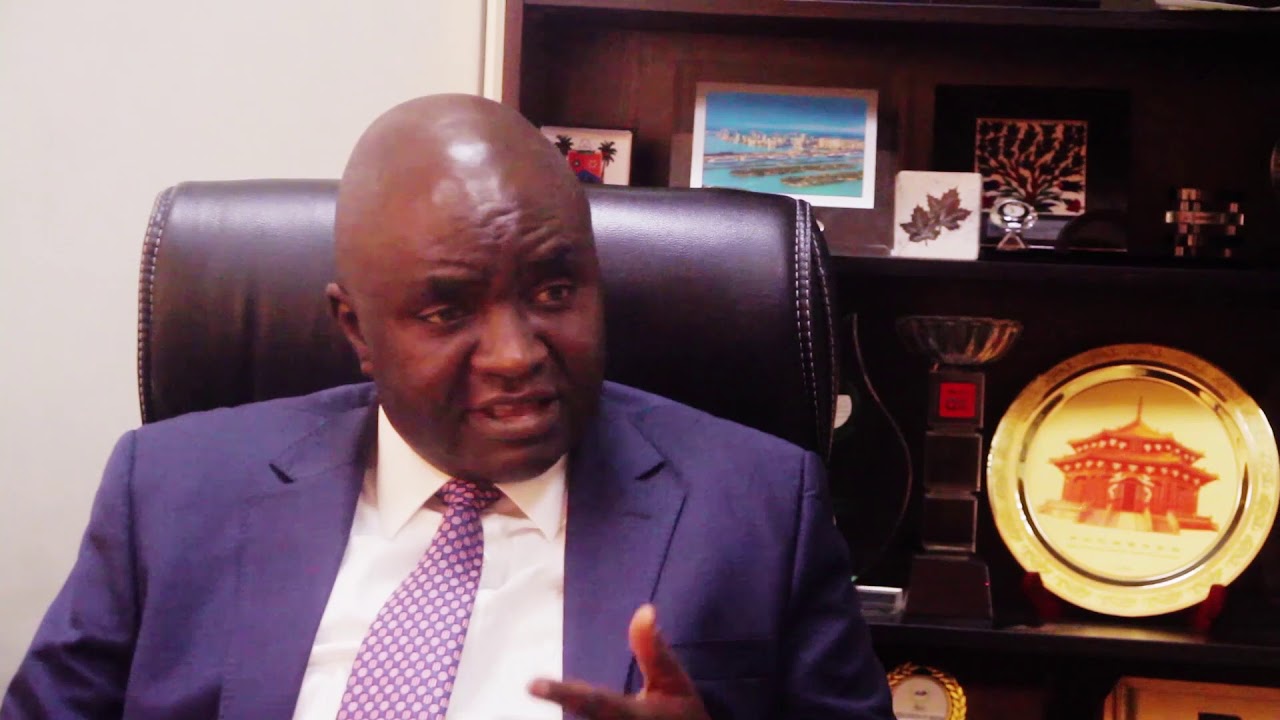The Chief Executive Officer of the Centre for the Promotion of Private Enterprise [CPPE], Dr. Muda Yusuf, has expressed concern that the 10 days extension of the deadline for currency swap is grossly inadequate to make up for the glaring shortcomings of the apex bank in the process.
He said failure to further extend the deadline for the currency swap could put the N100 trillion component of the national GDP at risk.
Dr. Yusuf said two critical sectors are particularly vulnerable – Trade and Commerce and Agriculture.
He stated that the crippling of business transactions at the distributive trade end amid the currency swap crisis would not only undermine the trade and agricultural sectors but would have a knock-on effect on the manufacturing value chain and the services sectors.
READ ALSO: Just in: CBN extends deadline for old naira notes
This is because whatever is produced has to be sold. The trading end of the chain has been greatly disrupted by this currency swap crisis.
He said the trade sector contributes about 14% of GDP valued at an estimated N35 trillion; the agricultural sector contributes 25%, valued at an estimated N62 trillion. Most of the activities in these sectors are either in the rural areas or in the informal sector of the economy.
These are the sectors that have been driving the resilience of the Nigerian economy amid numerous domestic and global headwinds. Any policy measure that would negatively disrupt these sectors should be avoided.
Yusuf stated that for an economy that is tottering on the brink, the capacity to absorb shocks and disruptions is severely constrained. With 133 million Nigerians in poverty, inflicting additional hardship on the citizens would be unfair, insensitive and inconsiderate.
READ ALSO: Hawkers hijack, sell new naira notes at exorbitant prices
The reality is that present in many parts of the country, more than half of the currency in the hands of citizens is still old notes. And it is on record that the banks were still giving out old notes even a few days before the CBN deadline. The citizens should not be made to pay for the incompetence, inefficiency and ineptitude of state institutions.
He noted that given the size of the Nigerian economy, the large population of over 200 million people, the dominance of the rural economy, the huge informal sector, unbanked Nigerians and the literacy level, a minimum of six months ought to have been given for the currency swap exercise.
“It is therefore a gross misrepresentation to give the impression that 85% of the money is outside the banking system. Currency is only 5% of the money in the economy and should therefore not warrant the scale of energy and resources being dissipated around it. The focus of monetary authorities should be on regulating the money supply, not on mopping up currency notes,” he said.

 Latest4 days ago
Latest4 days ago
 Crime5 days ago
Crime5 days ago
 Agribusiness7 days ago
Agribusiness7 days ago
 Business1 week ago
Business1 week ago
 Business5 days ago
Business5 days ago
 Agribusiness5 days ago
Agribusiness5 days ago
 Crime6 days ago
Crime6 days ago
 Business5 days ago
Business5 days ago

